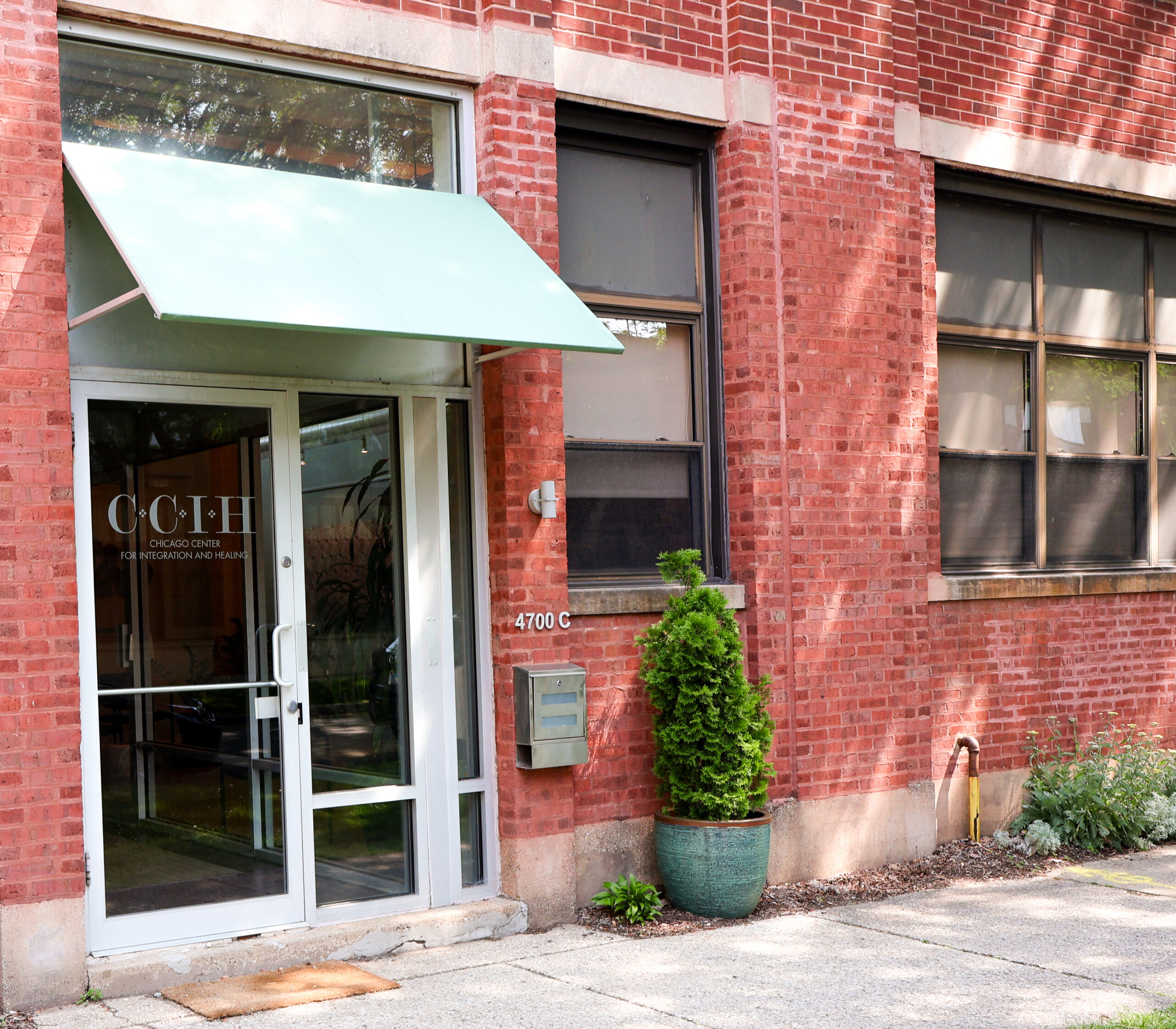An innocent question – asked of me by a client in a recent session. “Because it is only cognitive and accessing other parts of experience are essential for healing” was my brief reply. But I found myself thinking more about the question later…
I have been a practicing therapist, specializing in the treatment of trauma, for 30 years and recently I have been dismayed at the wave of therapists and treatment programs that advocate for “manualized” treatments for complex human suffering. When I raise my concern, the overwhelming response has been that these approaches are “evidenced-based.” I find myself asking–evidence of what? Despite many studies that are critical of the CBT/Exposure Approaches, a belief in their value persists. While CBT may have shown effect for those with simple fears and phobias, it has not done well when studied with those whose issues are more complex or who have experienced developmental trauma.(1)
The ACES study has left us with compelling evidence that events in childhood have complex and far-reaching effects on our physical health, our mental health, and can predispose us to be more likely to experience violence. Brain scan evidence demonstrate that trauma affects us in many areas of the brain. Do we really believe that the experience of betrayal by a caregiver, or boundary violations that lead to the experience of an unsafe world, or a lack of enough safety to trust in goodness can be resolved by 16-sessions of a manualized approach?
The legacy of trauma is not just that the past continues to be experienced; it also diminishes the quality of the present. As therapists, we do not want only to address symptoms but to support clients on their journey toward experiencing a life in the present with creativity, vitality, equanimity and connection. We don’t want folks to be desensitized to certain fears or emotions, but rather to live more fully. This is possible with a trauma-informed approach that is integrated and unique to each person’s journey, desires and goals. There are certainly cognitive aspects to a trauma-informed approach; however, an integrated treatment also involves a relational, neurobiological and plain old human approach.
And that is why I don’t like CBT.
1. Van der Kolk, Bessel (2014). The Body Keeps the Score, Viking Press. p. 221.









